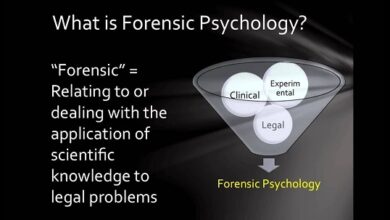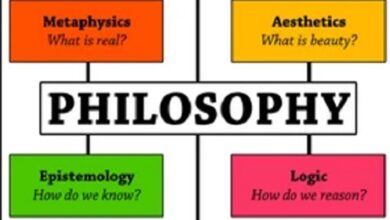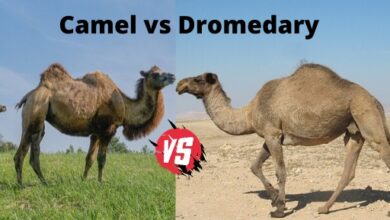Difference between asperger and autism Similarities and FAQs
Asperger and autism
In this article we will provide you the difference between asperger and autism, Similarities and FAQs.
what does asperger mean
AspergerIt is a developmental disorder that belongs to the group of General Developmental Disorders (TGD). It is characterized by the presence of significant difficulties in social interaction, restricted and intense interests and activities, and stereotyped patterns of behavior, language, or thought. People with the disorder have non-verbal communication among their main difficulties, as well as problems interpreting other people’s situations or emotions. The cognitive level is usually normal in many cases, although they may present some mild intellectual disability in others. The symptoms are variable depending on each individual; however, the most commonly observed symptoms are relational difficulties with other children/adults due to their lack of adequate social skills,
Read also: Difference between Porcupine and Hedgehog Similarities and FAQs
what does autism mean
Autism is a neurodevelopmental disorder that affects the way an individual communicates, interacts, and understands the world around them . These people may experience problems understanding and responding to social stimuli, as well as difficulties processing sensory information. In many cases, repetitive behaviors or limited interests tend to occur. Children with autism may also have speech delay and mild mental retardation. The different manifestations of this disorder are highly varied and individualized since they depend on the sociocultural context, the particular characteristics of each person, and their level of development prior to manifesting autism .
Similarities Between Asperger’s and Autism
Asperger ‘s and autism are developmental disorders that share many similarities. Both affect the way an individual communicates, interacts with others, and goes about their daily activities. The two have similar symptoms, including difficulty making eye contact, problems starting or maintaining conversations, and an inability to understand nonverbal languages (such as facial expressions). In addition, both can suffer from attention problems and hyperactivity. Asperger’s is considered a subtype within autism; it generally has fewer intellectual disabilities and more strongly preserved social skills than other types of autism.
Differences between asperger and autism
Asperger ‘s is a type of autism, and is characterized by neurodevelopmental disorders. People with Asperger have difficulties to interact socially, communicate adequately and interpret information correctly; however, their verbal language develops normally. AutismMore generally, it includes unusual functioning in all areas of development: language, behavioral, and social skills. People with autism may have cognitive or intellectual problems that vary between individuals; some have significant speech delays and some do not. In summary, the main difference between Asperger’s and Autism is that the former involves only a particular aspect of abnormal questions related to the sector and thematic to be evaluated. You can ask about everything, such as beliefs about the job, dynamics within it, performance – behavior related to social interactions – while the latter encompasses all areas of behavior related to abnormal performance.
Frequent questions about asperger and autism
What is autism and why does it give?
Autism is a developmental disorder that affects social interaction and behavior. Symptoms range from mild to severe and may include speaking late, difficulty making friends, social withdrawal, problems with verbal and nonverbal human language Is structured In my view may be very complexed giving it uniqueness and its distinctiveness. Typically, communication, excessive hyperactivity or restlessness, and limited interests or repetitive behaviors. The exact cause of autism is still being researched, but there are many theories about the underlying genetic factors.
What are the symptoms of a person with autism?
The symptoms of autism vary from person to person, but can include difficulties communicating and relating to others, repetitive or limited play, routine and stereotyped behaviors, problems speaking or using abstract language appropriately. Some people may also have sensory difficulties; for example, feeling startled by any type of loud noise.




